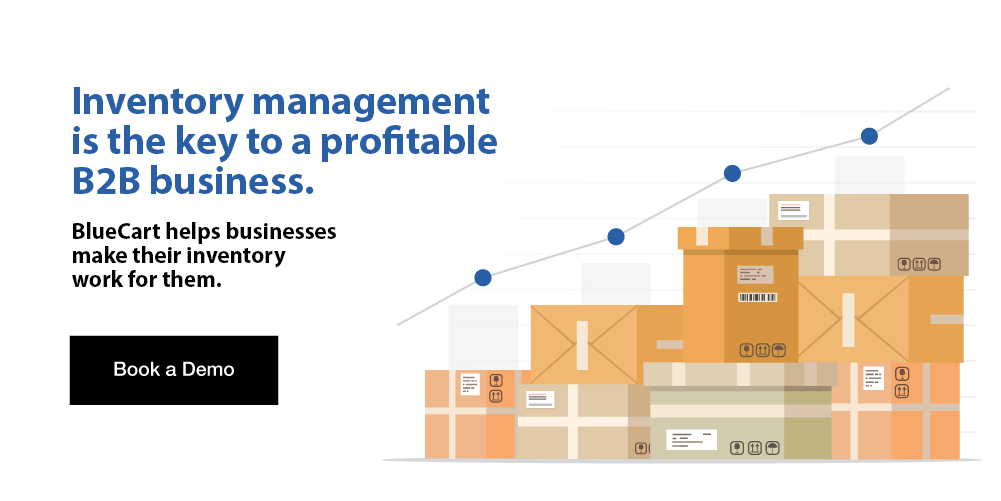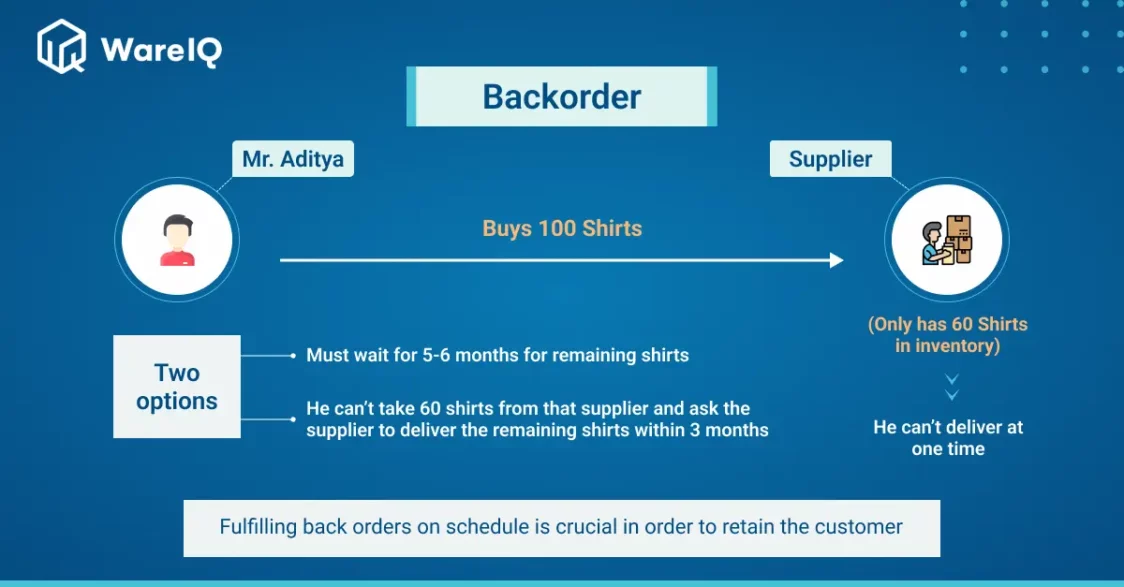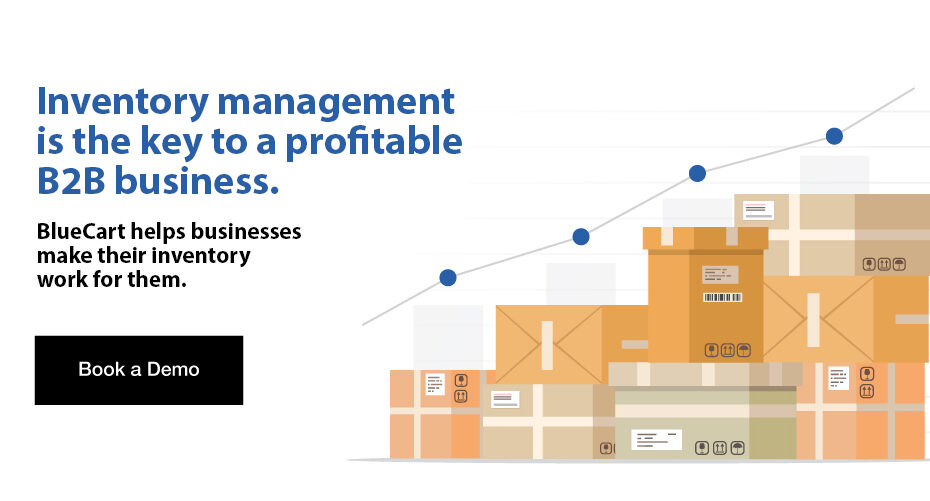Are Backorders Bad For Business? Exploring The Impact
Are Backorders Good For Your Retail Business?
Keywords searched by users: Are backorders bad for the business
How Does Backorder Affect A Company?
The impact of backorders on a company can be significant, irrespective of its size. A backorder situation arises when a company exhausts its current stock of a product and must await the arrival of more inventory. This scenario can lead to several challenges for businesses, such as customer dissatisfaction, missed sales opportunities, and elevated shipping expenses. Managing backorders effectively is crucial for maintaining customer satisfaction and optimizing operational efficiency. (Note: The date “18th Sep 2022” appears to be unrelated and has been omitted for clarity.)
What Are The Pros And Cons Of Backorders?
Exploring the advantages and disadvantages of implementing backorders in your business strategy is crucial for making informed decisions. On the positive side, offering backorders can lead to increased sales opportunities and foster stronger customer loyalty as customers are willing to wait for out-of-stock items. However, there are drawbacks to consider as well. One significant con involves the potential risks associated with replenishing backordered products, which could affect inventory management and operational efficiency. Additionally, there is the risk of potential delays in fulfilling backorders, which can result in customer dissatisfaction and impact your brand’s reputation. It’s essential to weigh these pros and cons carefully when considering the implementation of backorders in your business strategy. (Date: July 25, 2023)
Share 44 Are backorders bad for the business




Categories: Discover 39 Are Backorders Bad For The Business
See more here: buoitutrung.com

Backorders give insight into a company’s inventory management. A manageable backorder with a short turnaround is a net positive, but a large backorder with longer wait times can be problematic. Companies with manageable backorders tend to have high demand, while those that can’t keep up may lose customers.Backorders can be a headache for any company, large or small. When a product is on backorder, it means that the company has run out of stock and is waiting for more inventory to arrive. This can cause a number of problems for companies, including frustrated customers, lost sales and increased shipping costs.Offering backorders has pros like increased sales opportunities and customer loyalty, but cons like replenishment risks and potential delays causing customer dissatisfaction.
Learn more about the topic Are backorders bad for the business.
- Backorder: Definition, Causes, Example, Vs. Out-of-Stock
- Backorder: What It Is and How to Manage It – Simpliroute
- Backorders: Meaning, Causes, Solutions, and vs. Out of Stock
- Definition and 12 Benefits of Backordering – HasThemes Blog
- Backorders Definition – Lokad
- Backorder: Meaning, Best Practices, Solutions – Unleashed Software
See more: blog https://buoitutrung.com/tech
